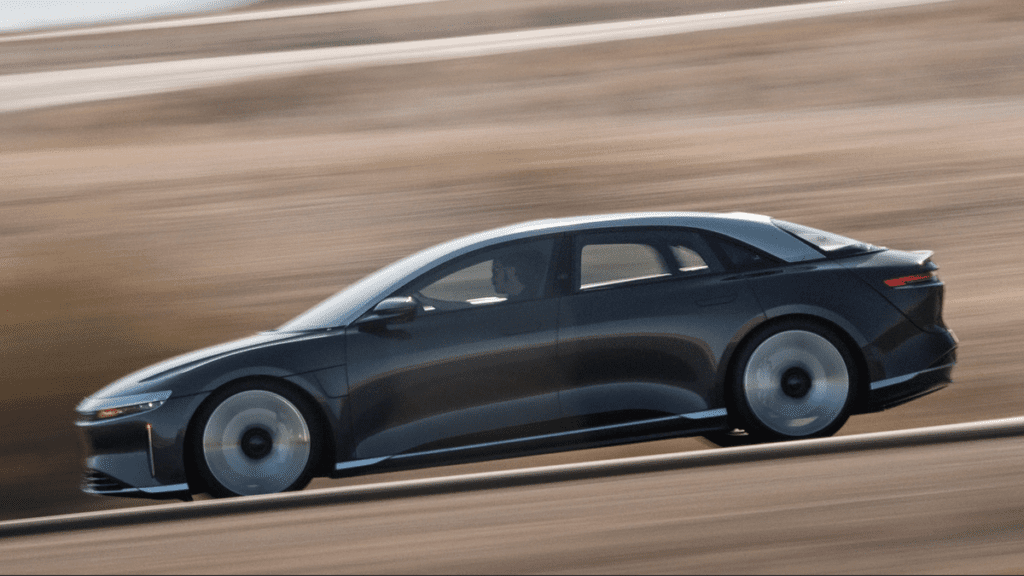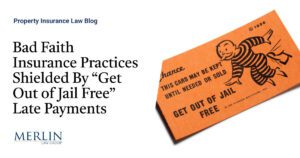Lucid Wants To Be A Supplier That Just Happens To Sell Cars

Lucid CEO Peter Rawlinson seems to understand that the electric vehicle technology his young automaker builds is pretty much second to none, and that’s why he wants to start licensing it to other car companies. It’s a smart play. I’ve driven pretty much every EV platform you can buy in the U.S., and Lucid’s very well may be the best.
I Need A Car Thats Makes My Commute Bearable | WCSYB?
Rawlinson recently spoke with InsideEVs about his future plans for Lucid, saying that he would “love it to be 20-80.” That means that 20 percent of what Lucid will do will be building cars, and the other 80 percent is licensing its tech to other automakers. He added that his vision for Lucid is, “Just as there’s an Intel inside your laptop, there’s a Lucid inside a Honda or a Toyota.” Lofty goals, but they do make sense.
Of course, right now there’s no timeline for such a goal. It’s still early days. Still, Rawlinson sees greatness in the future of the tech he spearheaded. Here’s more of InsideEVs’ conversation with the CEO:
[H]e made clear that a big reason for Lucid selling cars at all is to market its underlying technology.
“People think, ‘Oh, why didn’t you just be a supplier, Peter?’ Because we need the cars as a shop window for our product,” he said. Lucid also plans to expand the reach of that “shop window.” It’s targeting production of 1 million cars per year by the early 2030s, up from around 9,000 in 2024.
[…]
Listen to Rawlinson speak in an interview or on an earnings call, and the conversation will invariably shift to energy efficiency, which the CEO sees as a primary edge. Even if “miles per kilowatt-hour” isn’t exactly a concept that resonates with the general public, he makes a strong case for why it matters. Lucid’s laser-focus on squeezing out incremental efficiency gains throughout its cars means the Air and just-released Gravity SUV can go farther than rivals while—importantly—also requiring fewer expensive batteries. Rawlinson sees a huge cost advantage there going forward, even if the company is unprofitable today.
It’s not like this would be unprecedented for Lucid, either. The automaker has already supplied battery technology to Formula E, according to InsideEVs. It also signed on Aston Martin as a customer to the tune of $450 million. The British company is set to use Lucid’s motors, battery tech and “Wunderbox” charging system in its upcoming electric vehicle. Lucid tells InsideEVs that it’s currently in talks with other automakers as well.
“But if you’re going to do a big automaker, we’d license the tech. They’d manufacture the hardware under license in their factories… But that wouldn’t work until the encrypted flash of software comes from us,” he said. “You flash your Microsoft Office—ka-chunk—Bill Gates gets his royalty, doesn’t he? And I want to be like that.”
Anyway, I don’t want to give too much else away. Head on over to InsideEVs for a closer look at Rawlinson’s upcoming plans for Lucid and his take on the Trump Administration’s outward hostility toward EVs.




